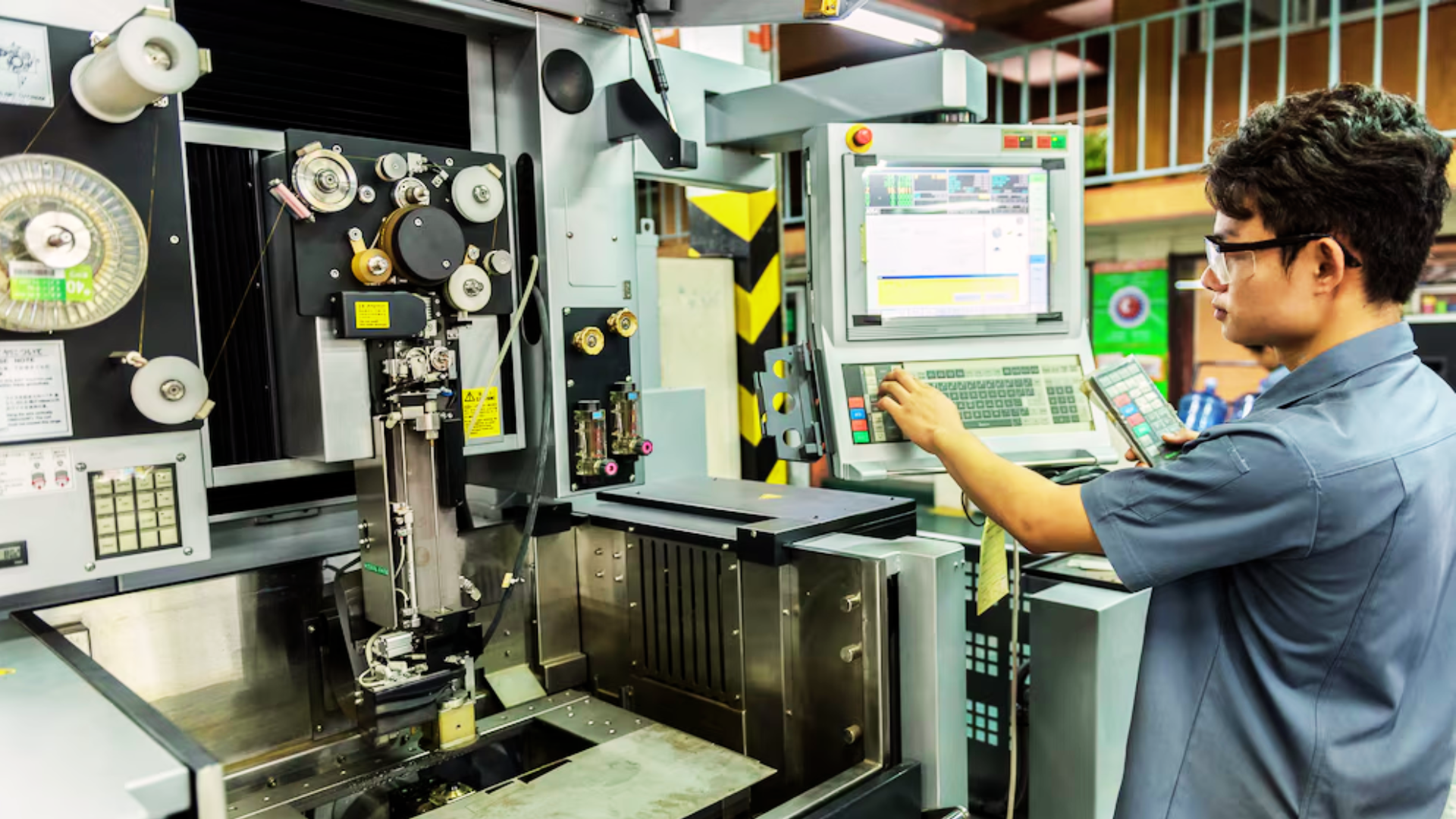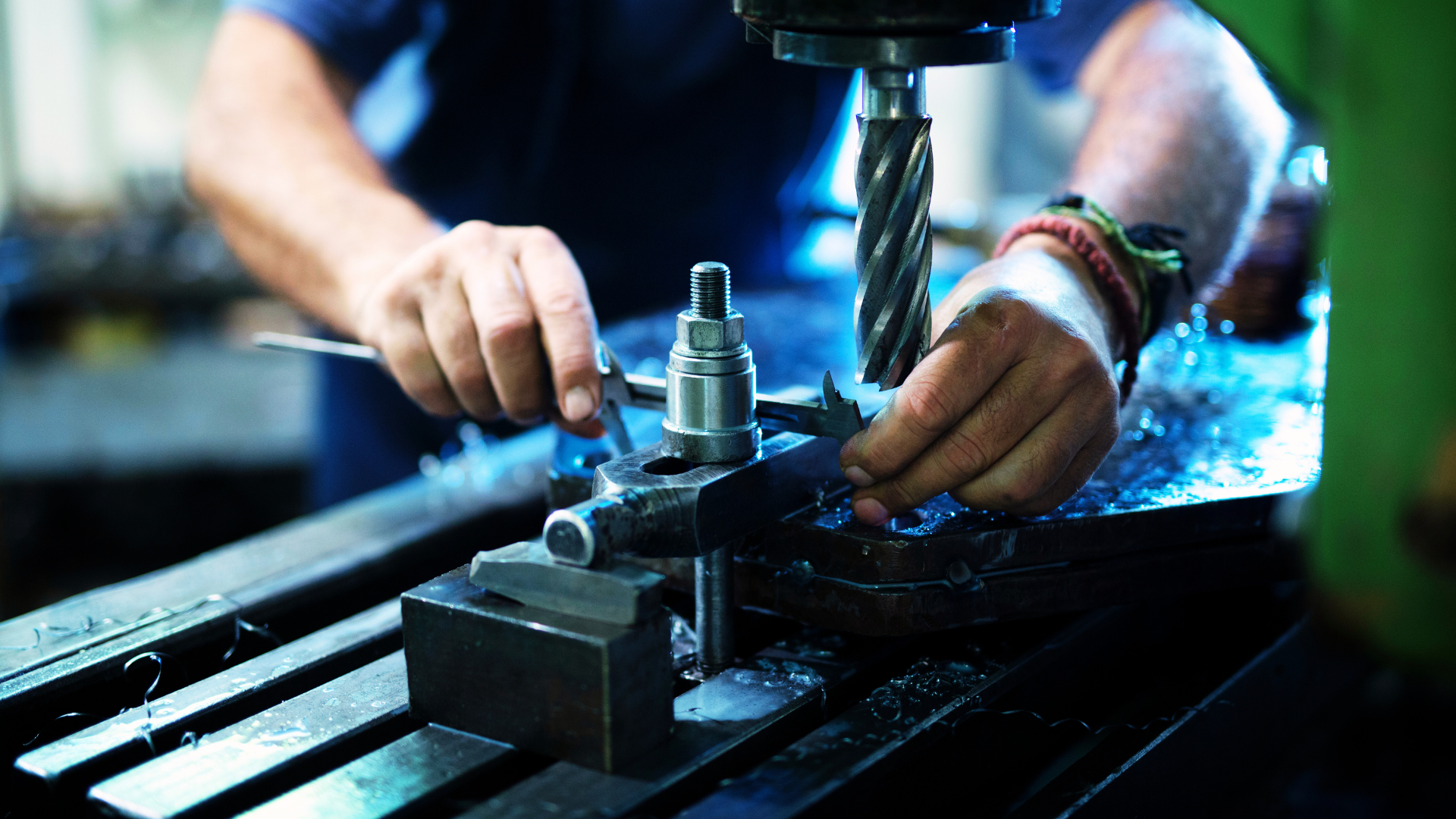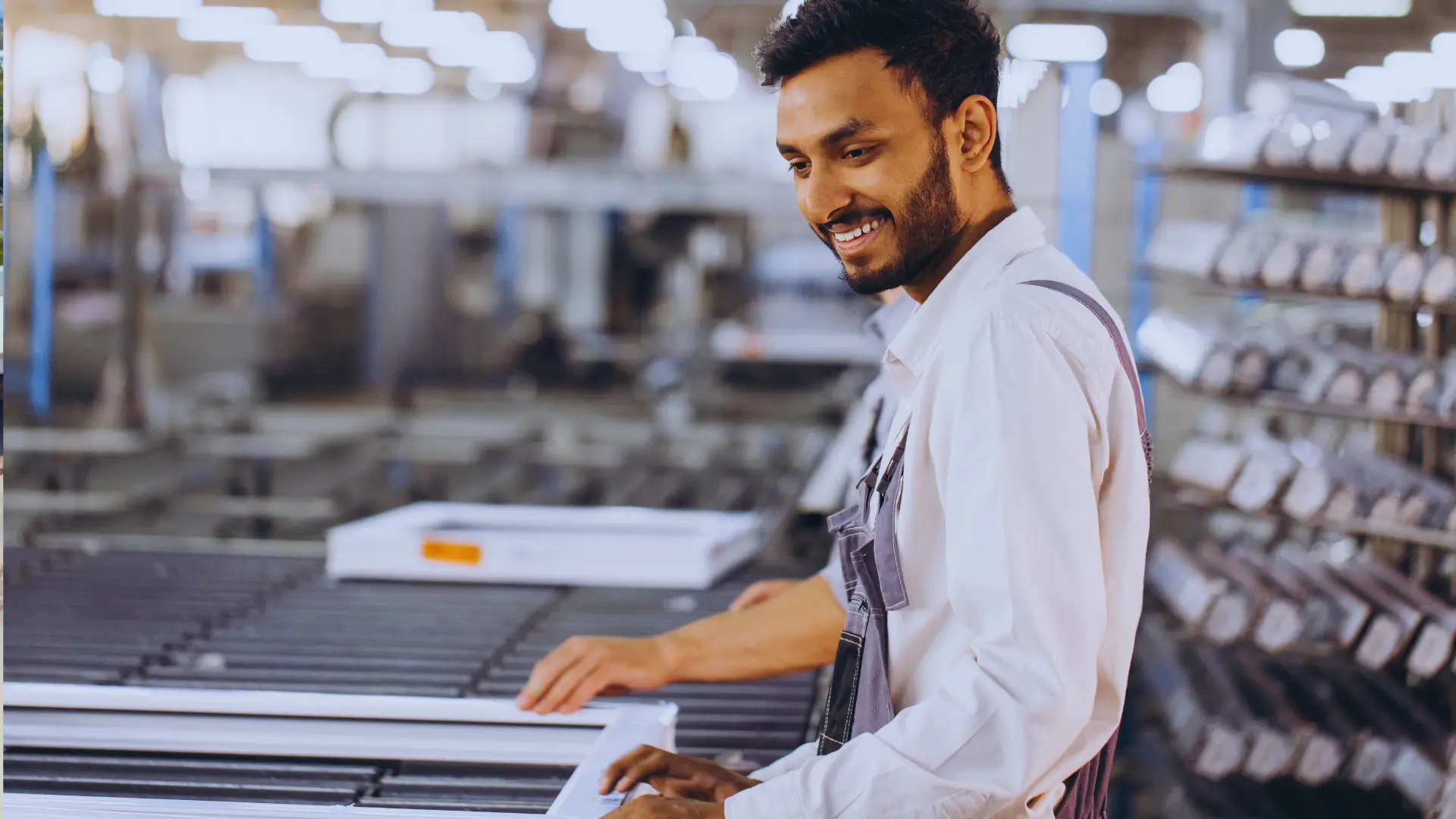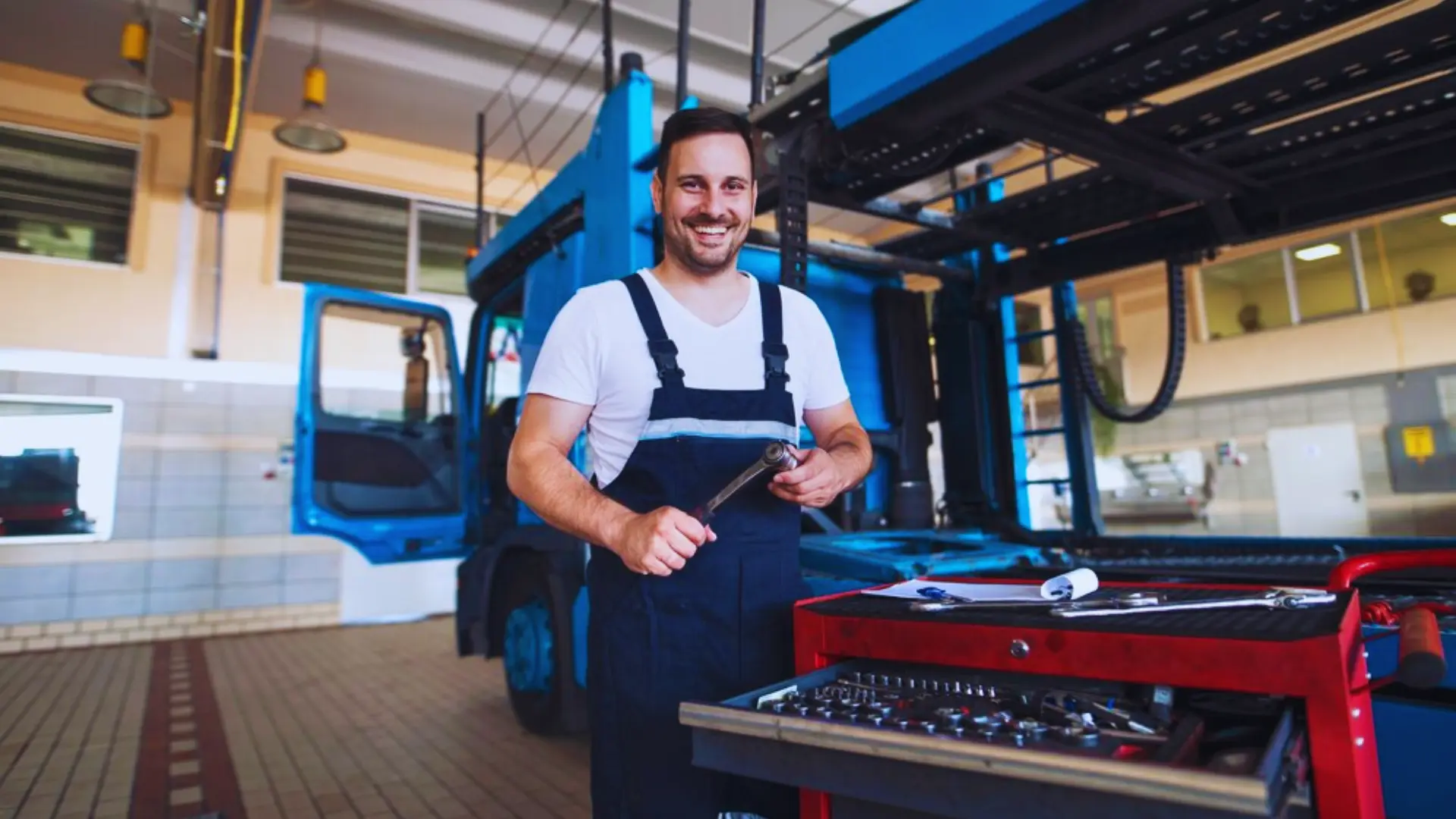Buying machinery is a significant investment for any business. However, what if you already own a used machine and need funds to expand, upgrade, or manage cash flow? A business loan against used machinery can be a smart financial move, allowing you to leverage your existing assets for business growth.
For instance, imagine you run a small-scale manufacturing unit, and one of your machines is still functional but underutilised. You need funds to upgrade your production line but securing a traditional personal or business loan is proving difficult. Instead of letting your existing machinery sit idle, you can use it as collateral to obtain a loan, freeing up cash for expansion without disrupting operations.
But securing such a loan requires careful planning, accurate valuation, and the right lender. Let’s learn how you can make the process smooth and beneficial for your business.
Understanding the Eligibility Criteria
Before applying for a loan, you need to ensure that you meet the lender’s eligibility criteria. While loan requirements vary across financial institutions, here are some common factors that determine your loan approval:
The Operational Age of Your Business
Most lenders prefer businesses that have been operational for at least two to three years with a stable financial record. A well-established business with consistent revenue demonstrates lower risk, making it easier to secure a loan. If your business is newer, consider maintaining strong financial documentation and showcasing steady growth to offset the lack of business vintage and improve your chances.
Machinery Condition
The machine should be in good working condition and have a reasonable resale value. Lenders assess equipment and machinery based on factors like wear and tear, maintenance history, and market demand. A well-maintained machine with regular servicing records is more likely to be accepted as collateral, fetching a higher loan amount. If your machinery is outdated or has significantly depreciated, consider refurbishing it before applying for a loan.
Ownership Proof
You must provide proper documentation proving ownership of the machinery. This typically includes purchase invoices, insurance papers, and registration documents. Keeping all ownership-related documents organised and readily available can speed up the approval process.
Financial Stability of the Business
Your business’s creditworthiness and turnover play a crucial role. Lenders assess your credit score, profit and loss statements, and existing liabilities to determine your repayment capacity. A high credit score and a clean financial record can help you negotiate better loan terms, including lower interest rates. If your business has had financial setbacks, consider clearing outstanding debts to increase your credit score, and maintaining a healthy cash flow before applying.
Checking the lender’s eligibility requirements beforehand can save you from rejections and improve your chances of approval.
Get Your Machinery Valued Accurately
Since your used machinery serves as collateral, getting an accurate valuation before submitting a loan application is crucial. Lenders assess its worth to determine how much they can lend against it. A professional valuation provides an objective estimate of your machine’s fair market value, which helps in securing a better loan deal. An inaccurate valuation could mean getting a lower loan amount than expected or facing difficulties in the approval process.
Factors Affecting Valuation
Several factors impact the value of your used machinery:
Brand and Model of the Machinery
Well-known brands tend to have a higher resale value due to their durability and market demand. If your equipment is manufactured by a reputable brand, you may be able to negotiate better loan terms.
Frequency of Use and Overall Maintenance History
A machine that has been used excessively without regular maintenance will naturally have a lower valuation. However, if you have kept detailed maintenance records, it can work in your favour while negotiating the loan terms.
Availability of Spare Parts and Resale Potential
Lenders prefer equipment models with readily available spare parts and strong resale potential. Machines that are difficult to repair or obsolete may not fetch a high valuation.
Technology and Features
Machines with modern technology and advanced features tend to have a higher resale value. If your equipment has upgradable components or digital integrations, it may be valued higher than outdated models. On the other hand, machines with obsolete technology might see depreciation as they become harder to maintain or replace.
Age of the Machinery
Older machines naturally depreciate over time, but well-maintained and functional equipment can still hold significant value. Lenders assess the age of the machinery in relation to its expected operational lifespan. A machine that is near the end of its lifecycle may not be considered for financing.
Current Market Demand and Industry Trends
The demand for a particular type of machinery in the market plays a crucial role. If your machine belongs to a category that is highly sought-after in the manufacturing, construction, or textile industries, it will likely fetch a better valuation. However, if the industry is shifting towards newer alternatives, your machine’s resale value may decline.
Previous Ownership and Usage History
A machine with multiple previous owners might be seen as more worn out compared to one that has been used by a single business. The nature of its previous usage – whether it was used under heavy industrial conditions or moderate workloads – also affects its perceived value.
How Accurate Valuation Helps in Negotiating Better Loan Terms
An accurately valued machine allows you to borrow a higher loan amount at favourable interest rates. It also helps avoid disputes with lenders over the machine’s worth during the loan process. Precise valuation enhances transparency, making the lender more confident in approving the loan with better terms.
A well-documented valuation can also serve as strong evidence in case of any disagreements with the lender about the machinery’s worth.
Choose the Right Lender and Loan Product
Not all lenders offer the same terms for a business loan against used machinery. It’s essential to compare different options before making a decision. Here’s what you need to consider:
- Banks vs. NBFCs: Traditional banks often have stricter eligibility criteria, whereas NBFCs (Non-Banking Financial Companies) may offer more flexibility. Some banks may provide lower interest rates but require extensive documentation, while NBFCs may approve loans faster with more relaxed terms.
- Interest Rates: Compare rates from multiple lenders to ensure you get the most competitive deal. A lower interest rate can significantly reduce your overall repayment burden. However, be sure to check if the interest rate is fixed or variable, as this can impact future payments.
- Loan Tenure: Choose a repayment term that aligns with your business cash flow. A longer tenure means lower EMI but a higher total interest payout. On the other hand, a shorter tenure results in quicker loan closure but with higher monthly payments, which may strain cash flow. You can use an EMI calculator to prepare yourself for the loan.
- Processing Fees and Hidden Charges: Always check for additional fees such as processing charges, prepayment penalties, or late payment fines. Some lenders may have attractive interest rates but charge high processing fees, making the overall loan costlier than expected. Understanding the full cost structure helps avoid surprises later.
The right lender can make a significant difference in how smooth and cost-effective your loan experience is.
Prepare the Essential Documents
Proper documentation is a key factor in getting quick approval for your loan. Lenders require detailed paperwork to assess your eligibility and machine ownership. Here’s a checklist of commonly required documents:
- KYC Documents: PAN card, Aadhaar card, business registration certificate.
- Ownership Proof: Purchase invoice or insurance documents confirming ownership of the machinery.
- Financial Statements: Balance sheets, income, profit and loss statements, and bank account statements for the last 6-12 months.
- Loan Application Form: A duly filled form with correct details.
- Valuation Report: A report from an authorised valuer stating the current market value of the machine.
Having all these documents ready in advance speeds up the approval process and minimises delays.
Conclusion
A business loan against used machinery can be an excellent way to secure funds for expansion, working capital, or equipment upgrades. Securing a business loan against used machinery can be a strategic move if done wisely. Electronica Finance Limited specialises in affordable-interest business loans and can help you unlock funds while maintaining your financial stability.
FAQs
How is the value of used machinery determined for loan approval?
Lenders assess the machine’s brand, model, age, maintenance history, and market demand. A professional valuation report is often required to determine its fair market value. The report considers factors such as depreciation, the machine’s working condition, and any recent upgrades or modifications. Industry demand and resale trends also influence the loan amount.
How much loan amount can I get against my used machinery?
The loan amount depends on the machine’s valuation and the lender’s policies. Generally, lenders offer 70-90% of the machine’s market value.
Is collateral required for a machinery loan?
Some Non-Banking Financial Companies (NBFCs) provide unsecured machinery loans, where no physical collateral is required. Instead, these loans are granted based on your business’s financial health, creditworthiness, and capacity to repay.




